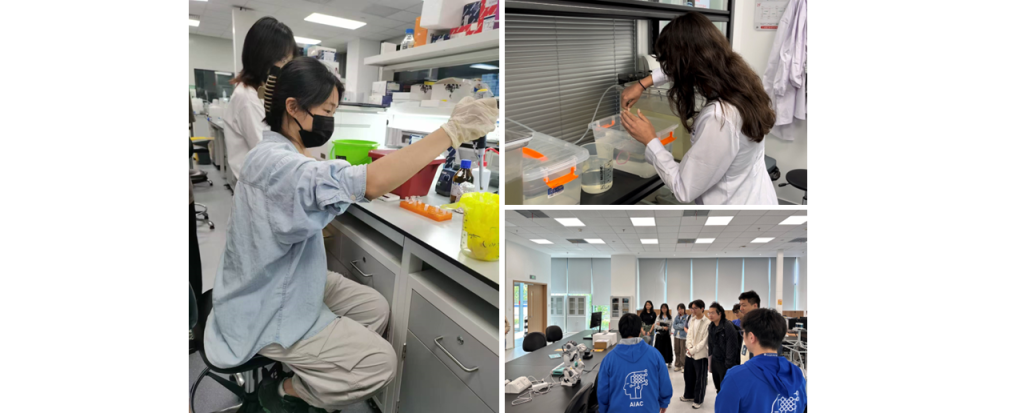21 Sep 2024
A team of globally renowned scientists from the School of Science at Xi'an-Jiaotong Liverpool University (XJTLU) in Suzhou, China, led by Professor Alan Kaluev, and his collaborators from Russia, USA and Brazil, have developed a novel and unique system for screening neurotropic drugs in zebrafish (Danio rerio) using artificial intelligence (AI) [1].
The platform is based on the analysis of fish behavioural responses to various neurotropic drugs, and training AI to recognise and predict the pharmacological profiles of these drugs with high accuracy (>80%).
“All codes and the architecture of the neural network of this system have been made publicly available by the team of authors,” noted the project leader, Professor Kaluev, “and, therefore, our method has now become available to many laboratories around the world.”

Professor Kaluev
It is expected that this platform will significantly accelerate the development of new drugs for the brain, since it combines both the potential of AI and the enormous opportunities for drug screening provided by the use of zebrafish, presently the second most used organism in biomedicine (after mice).
“The fact that zebrafish are genetically and physiologically highly homologous to humans allows us to expect that their pharmacological targets will be similar - and, therefore, the developed drugs will most likely work effectively in the clinic,” noted the scientist.
At the same time, the cost of research on zebrafish can be 100-500 times cheaper than the cost of similar studies on laboratory rodents. Experiments to test the drugs in fish for this project were conducted in Suzhou, China, and St. Petersburg and Sochi, Russia.

Professor Kaluev's lab members, and students doing research in his zebrafish lab at the Department of Biological Sciences
The collaborative study was published on August 24 in the latest issue of the highly respected “Journal of Neuroscience Methods” [1], and was supported by Suzhou Municipal Key Laboratory of Neurobiology and Cell Signalling in the School of Science at XJTLU (https://www.xjtlu.edu.cn/en/study/departments/school-of-science/labs-and-spaces/suzhou-key-laboratory) led by professor Kaluev (https://www.xjtlu.edu.cn/en/news/2024/04/welcome-new-staff-bio). In addition to XJTLU researchers participating in the project, the study coauthors also included an exchange student from USA, Vea Bley, who spent her summer internship working on this project in zebrafish research lab at the School of Science.
Importantly, this significant investigative work also illustrates the increased emphasis placed on high quality research outputs in the School of Science and XJTLU and emphasises the success of productive collaborations between different countries, as well as across different disciplines, in the rapidly developing fields of translational neuroscience, pharmacology, and neurocomputers.
[1] Lukovikov DA, Kolesnikova TO, Ikrin AN, Prokhorenko NO, Shevlyakov AD, Korotaev AA, Yang L, Bley V, de Abreu MS, Kalueff AV. A novel open-access artificial-intelligence-driven platform for CNS drug discovery utilizing adult zebrafish. J Neurosci Methods. 2024, 411, 110256, doi: 10.1016/j.jneumeth.2024.110256. PMID: 39182516.
Material:Professor Alan Kaluev
Review:Professor John Moraros
21 Sep 2024








